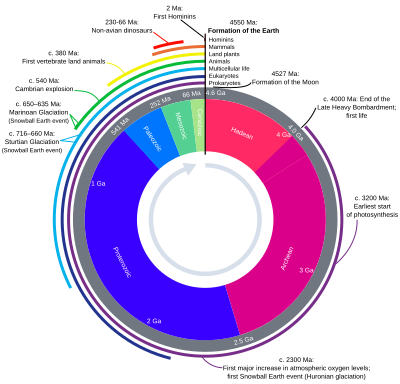 Windows 10
Windows 10 is a
personal computer operating system developed by
Microsoft as part of the
Windows NT family of operating systems. Officially unveiled in September 2014 following a brief demo at
Build 2014, the operating system reached general availability beginning on July 29, 2015.
The main goal of Windows 10 is to culminate an effort to unify the
Windows operating system across multiple Microsoft product
families—including
PCs,
tablets,
smartphones,
embedded systems, and
Xbox One, as well as new products such as
Surface Hub and
HoloLens—allowing these products to share what Microsoft described as a "universal" application architecture and
Windows Store ecosystem. Expanding upon the
Windows Runtime platform introduced by
Windows 8, this architecture allows applications to be adapted for use between these platforms while sharing common code.
Windows 10 introduced revisions to the operating system's
user interface, including the addition of
Start menu similar to
Windows 7 but incorporating Windows 8's
live tiles, a
virtual desktop
system, a notifications sidebar (replacing the charms bar on Windows
8/8.1), and the ability to adjust user interface behaviors based on
available input devices—particularly on
laplets. Windows 10 provides integration with additional Microsoft services, including the
intelligent personal assistant Cortana, and
Xbox Live. Windows 10 also introduced a new default
web browser,
Microsoft Edge, as well as integrated support for
fingerprint and
face recognition login, and new versions of
DirectX and
WDDM to improve the operating system's graphics capabilities for
games.
Unlike previous versions of Windows, Windows 10 adopted a tiered approach to updates that Microsoft has described as a "
service",
and receive new features at no charge for the "supported lifetime" of
the device it is installed on. The Home and Pro editions automatically
receive all non-critical updates as they are released without the
possibility of declining them, in addition to automatic driver updates.
Unlike Home, Pro is able to defer updates for a limited time, but not
ignore them completely. Enterprise editions are capable of using
periodic, long-term support milestones to ensure stability, while the
Windows Insider program enables
beta testing
of future updates. To encourage its adoption, Microsoft announced that
during its first year of availability, Windows 10 would be made
available free of charge to users of
genuine copies of eligible editions of
Windows 7 or
Windows 8.1.
https://en.wikipedia.org/wiki/Windows_10





